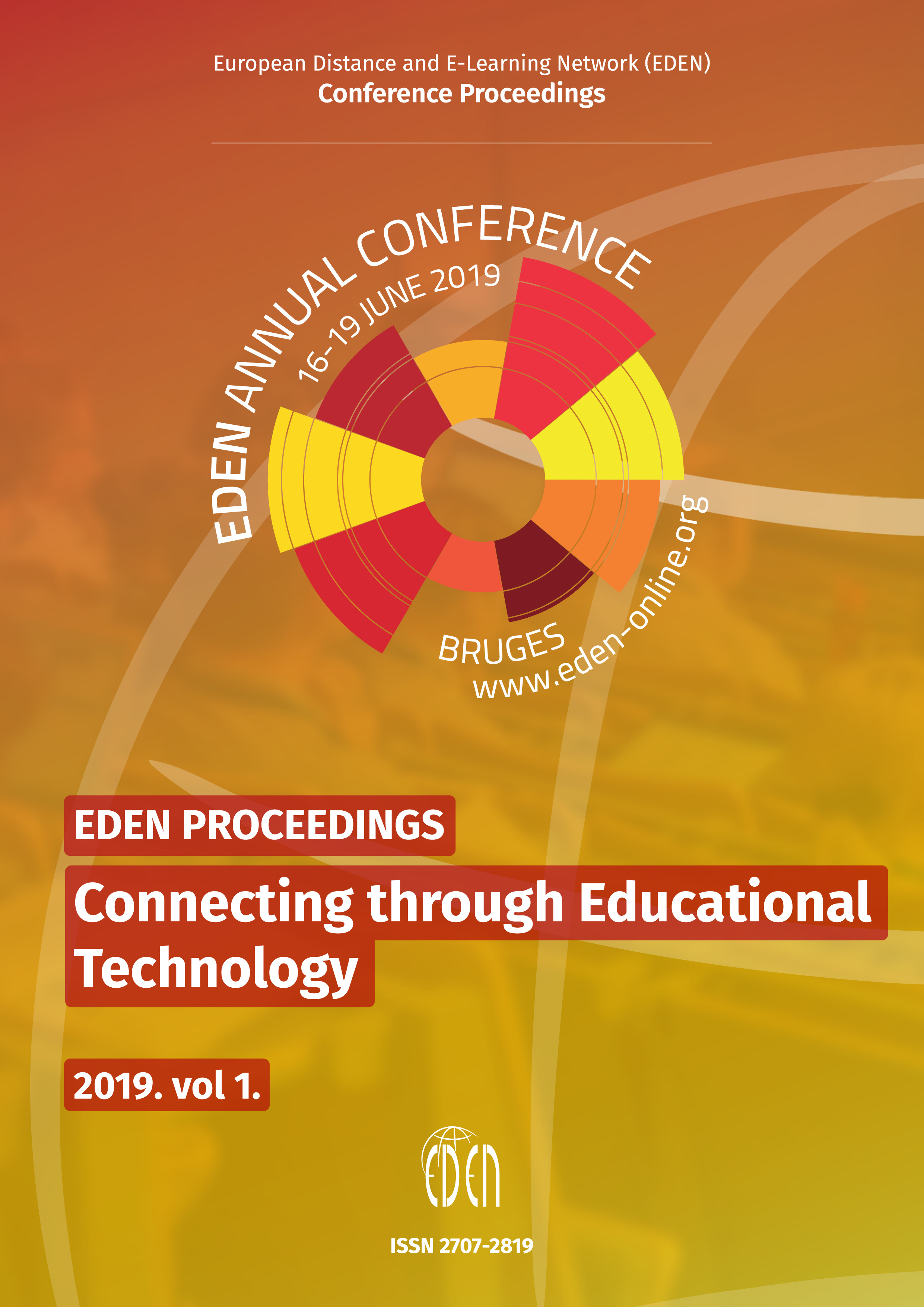Expanding the Boundaries of Service-Learning at Higher Education through e-Learning Scenarios: Lessons from Teaching Innovation Projects
Expanding the Boundaries of Service-Learning at Higher Education through e-Learning Scenarios: Lessons from Teaching Innovation Projects
Author(s): Amalia Creus, Mirela Fiori, Ines Cambra, Nadja GmelchSubject(s): Social Sciences, Education, Higher Education
Published by: European Distance and E-Learning Network
Keywords: Collaborative learning; Distance and e-learning methodology; Learning effectiveness, improvement of learning experience; Online learning environments and platforms; Work-based learning
Summary/Abstract: Service-learning can be defined as a pedagogical approach that attempts to integrate community service in the academic curriculum. Through service-learning, students engage in organised activities designed to meet community needs and, at the same time, enhance their intellectual, social, and ethical development (Porter Honnet & Poulsen, 1989). The synergy between learning and civic engagement distinguishes service-learning as an educational approach that, beyond forming students for particular professional skills, has the goal to prepare them for practical community-based problem solving. From a methodological point of view, it places community-improvement and social-engagement in the centre of the learning process, while reinforcing students’ cross-disciplinary skills, as critical thinking, co-creation or community building (Billig, Root, & Jesse, 2005).
Journal: European Distance and E-Learning Network (EDEN) Conference Proceedings
- Issue Year: 2019
- Issue No: 1
- Page Range: 35-41
- Page Count: 7
- Language: English

